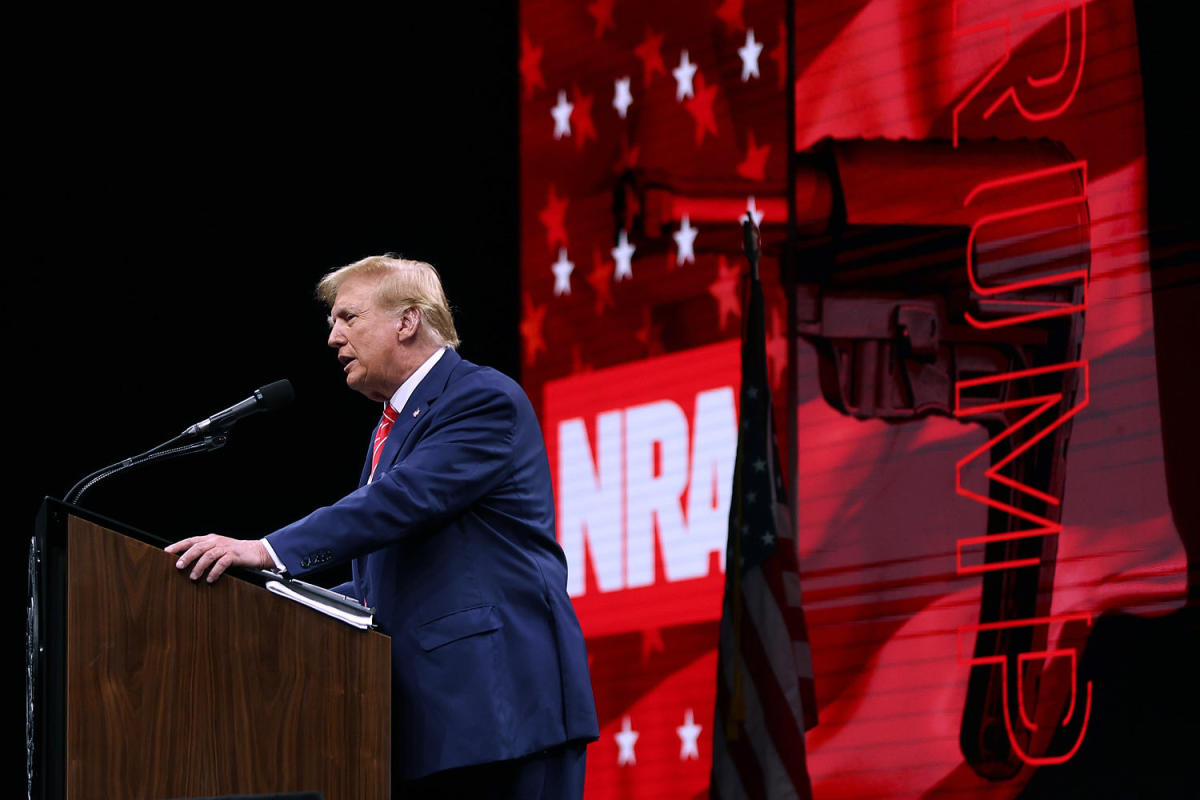By Jarrett Renshaw
(Reuters) – The Biden administration’s threat to impose more tariffs on China is the latest signal this election year that frostier relations with China are likely to follow regardless of who wins the U.S. presidency.
American president Joe Biden traveled to the battleground state of Pennsylvania on Wednesday to call for higher tariffs on Chinese steel and aluminum products, and top administration officials have indicated it likely won’t be his last salvo against China this election season.
That same day, Treasury Secretary Janet Yellen indicated that tariffs on Chinese electric vehicles may be necessary to protect American workers from Beijing’s glut of overproduction.
This week the government also launched an investigation into what it said were China’s attempts to dominate the maritime, logistics and shipbuilding industries. Many experts now think the result of that investigation and an ongoing multi-year review of Trump-era trade policies will be even more new tariffs on imports from China.
Liu Pengyu, spokesperson for the Chinese embassy in Washington, said US tariffs are an embodiment of unilateralism and protectionism.
“Many trading partners of the United States, including China, are deeply dissatisfied with the United States’ frequent use of national security, non-market behavior, overcapacity and other reasons to impose restrictions and politicize trade issues,” Pengyu said in a statement . Wednesday in response to the proposed steel tariffs.
The Biden administration’s decision to hike tariffs this week signals an aggressive trade environment heading into the 2024 elections as Biden and his Republican rival, Donald Trumpsee a tough stance on China as part of the path to victory, especially in states like Michigan and Pennsylvania.
Trump has proposed across-the-board tariffs of 10% if he were to return to the White House.
He also proposes to phase out Chinese imports of goods such as electronics, steel and pharmaceuticals over four years and wants to ban Chinese companies from owning American infrastructure in the energy and technology sectors.
Forty-one percent of Americans named China as America’s top enemy in a Gallup poll released in March, making the country the top U.S. adversary for the fourth year in a row, the polling group said.
“China inevitably gets involved in what is likely to be a bit of a chaotic cycle. And I think we’re just seeing the beginning of that right now,” said Allen Carlson, a professor at Cornell University and an expert on the US. -Chinese relations.
White House officials rejected the idea that politics were at play, even as Biden touted the proposed steel tariffs in an emotional anti-Trump speech at the headquarters of the United Steelworkers union in Pennsylvania.
Instead, administration officials say they fear a flood of cheap exports from China will jeopardize billions of dollars in tax breaks secured by Biden to anchor industries like solar, wind and electric vehicles in the United States.
China’s slow-growing economy is forcing manufacturers to double exports to offset weak domestic demand growth, pushing China’s manufacturing trade surplus to record levels, government officials say.
Double-sided solar panels, known as bifacials, are an example of the government’s concerns. The government has granted China a tariff exemption until 2026 to help promote solar energy in the US, but now officials are expected to lift the ban and impose tariffs after cheap cells flooded the US market, Reuters reported on Wednesday.
South Korea’s Hanwha Qcells asked the government to lift the ban to protect a promised $2.5 billion expansion of its U.S. solar production from competition from cheaper Asian-made products.
Biden aides said their administration’s policies differed from Trump’s in key ways, including that they specifically targeted specific industries and products — which could reduce the likelihood of strong retaliation by China and other foreign governments.
The steel and aluminum proposal, for example, would only target $1 billion of goods, compared to the hundreds of billions involved in Trump’s broader tariffs, a senior administration official said.
A strong U.S. policy against China is one of the rare issues that has strong bipartisan support across the country.
“Everyone is anti-China these days and that is reflected in public opinion,” said Bill Reinsch, senior adviser at the Center for Strategic and International Studies.
(Reporting by Jarrett Renshaw; additional reporting by Jeff Mason; Editing by Trevor Hunnicutt and Deepa Babington)






